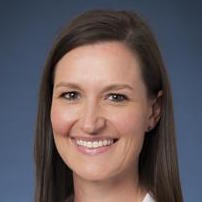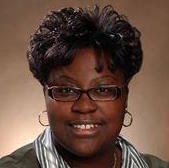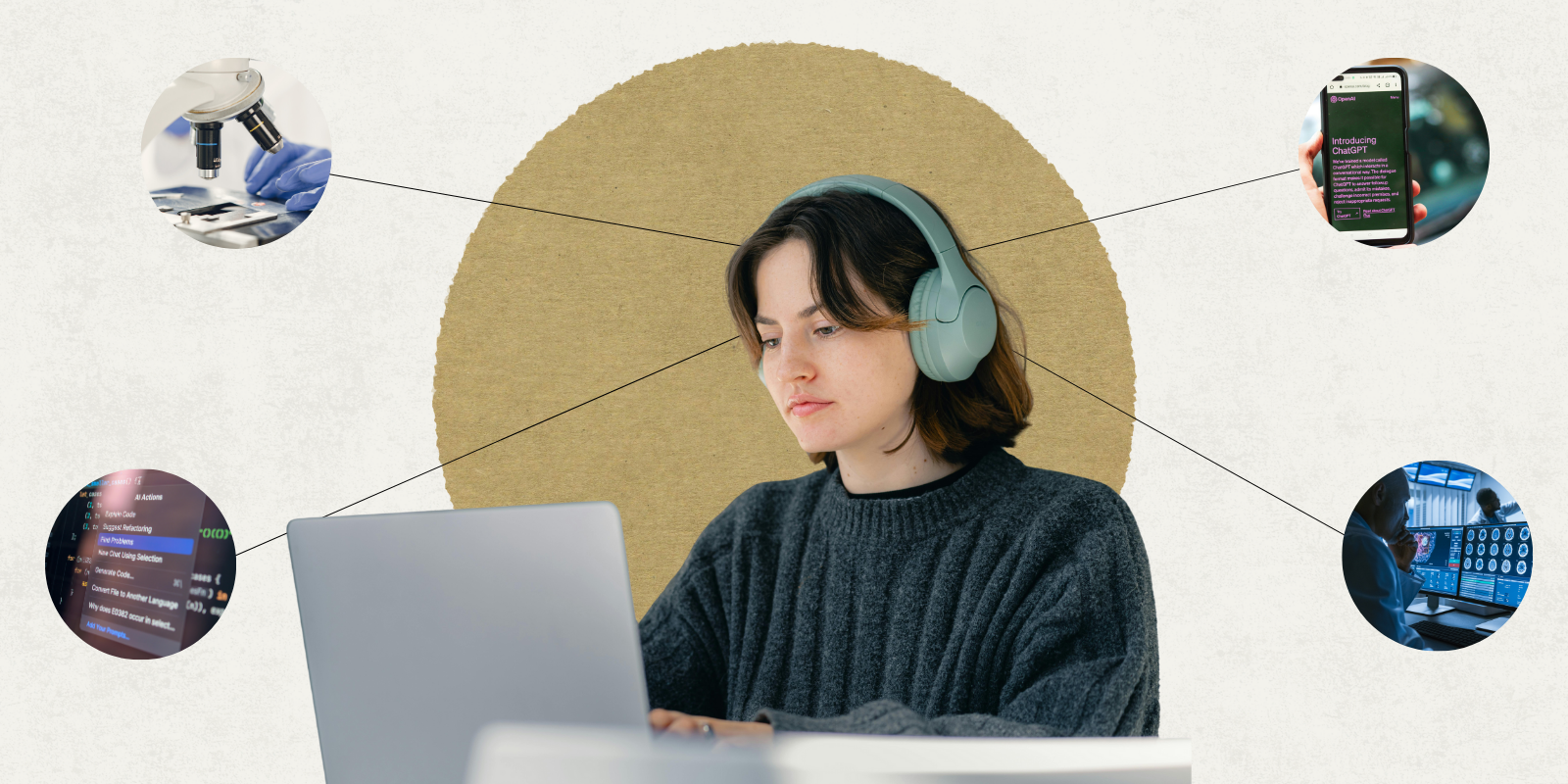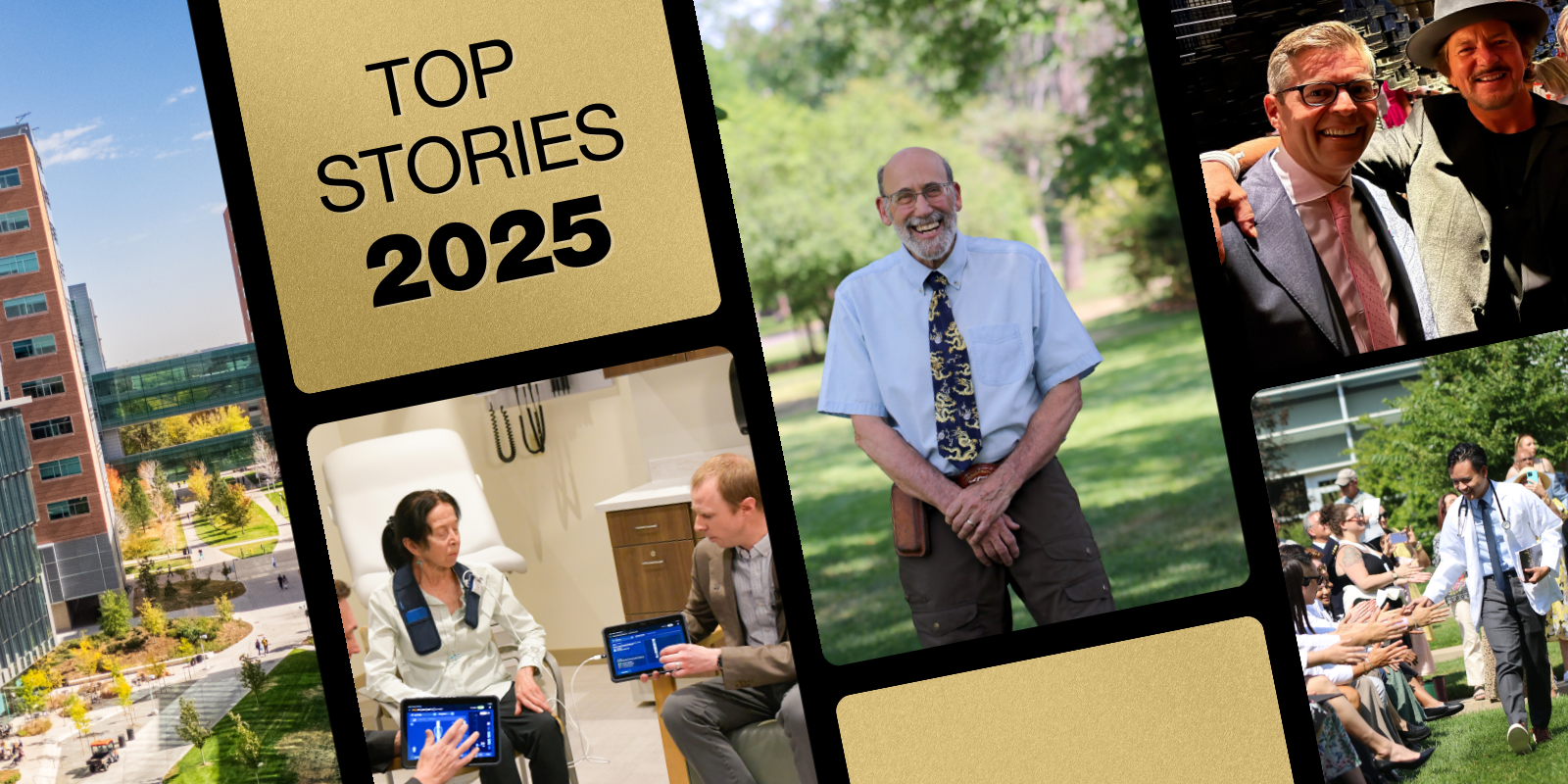For residents training in specialties such as internal medicine, pediatrics, and emergency medicine, hands-on training is vital when it comes to practicing skills like stabilizing an airway or taking a patient’s medical history. When it comes to diversity, equity, and inclusion (DEI), however, training all too often happens in a classroom or online, with no real-world experience to reinforce the lessons or allow for learning opportunities.
That’s why Jacqueline Ward-Gaines, MD, assistant professor of emergency medicine in the University of Colorado School of Medicine, in collaboration with the Center for Advancing Professional Excellence (CAPE), created an immersive simulation to teach emergency medicine residents the basics of health equity — from microaggressions and implicit bias to language barriers and mistrust of doctors. In the program, residents are confronted with situations they are likely to face in the real world — treating a transgender patient using the correct pronouns, using a translator to communicate with a patient who only speaks Spanish — receiving feedback from instructors and peers on their performance directly after the simulation.
“We wanted to develop a curriculum on all of the things that were traditionally missed in health care, and as part of that curriculum, we wanted to give the residents an opportunity to actually exercise those skills that they've learned,” Ward-Gaines says. “We tell people how to upstand and how to battle microaggressions, but they never get a chance to practice that. In any true curriculum, you have to have the ability to practice skills.”
Expanding the training
The curriculum Ward-Gaines developed is now expanding further within the CU School of Medicine due to a $20,000 grant from the Alliance for Academic Internal Medicine, the American Board of Internal Medicine (ABIM), the ABIM Foundation, the American College of Physicians, and the Josiah Macy Jr. Foundation. The CU award is part of a recent $400,000, multi-institution grant split among 24 projects aimed at incorporating diversity, equity, and inclusion into internal medicine education and training.
“We're going to pilot this with a larger group of residents and inter-professional students, Our big goal is to create something for the entire CU Anschutz Medical campus,” says Associate Professor Julie Venci, MD, who oversees the grant. “We’re trying to figure out how to get not only residents involved, but medical students, nursing students, physician-assistant students — all the people who are actually patient-facing providers.”
The need for hands-on DEI training is evident not just from data on health inequities, Venci says, but from residents who are attuned to the growing importance and awareness of diversity and equity issues in medicine.
“We have to understand that it's not acceptable that patients, based on color, sexual orientation, or religion, can come in and get different care. That's just not OK,” she says. “Medical schools are doing a lot better — they're teaching students early; health equity is being tied into the fabric of the education — but this shouldn't be one lecture or one bias training. It really needs to be a part of every conversation and lecture that we do with residents and students.”
The value of time and space
The simulation-based training is based on the experiences of actual patients and community members who have agreed to share their perspectives. In addition to the simulations, the curriculum features a flipped-classroom approach in which students read materials and watch videos on their own time, then spend class time in discussions and small groups.
“That allows for space and conversation,” says Venci, program director of the internal medicine-pediatrics residency. “Residents want time; they don't need another lecture. It's allowing time and space to ask questions and be vulnerable, to have conversations and reflect. Our ultimate goal is to have patients in those sessions, and to really think through and get real-life examples of how mistrust or bias has shown up in their care.”
With all the competing priorities residents encounter during their training, it can be difficult for them to know what to focus on. Making the DEI training available, Venci says, sends a message that such skills are vital in a medical world more focused than ever before on addressing inequities and ensuring quality care for all.
“Time is precious in residency and in medical education,” Venci says. “When your department leaders are saying, ‘This is important, and we need you and want you to know this,’ they pause and realize, ‘OK, this is something I'm going to be assessed on, and I need to do better.’ I think it's important.”





